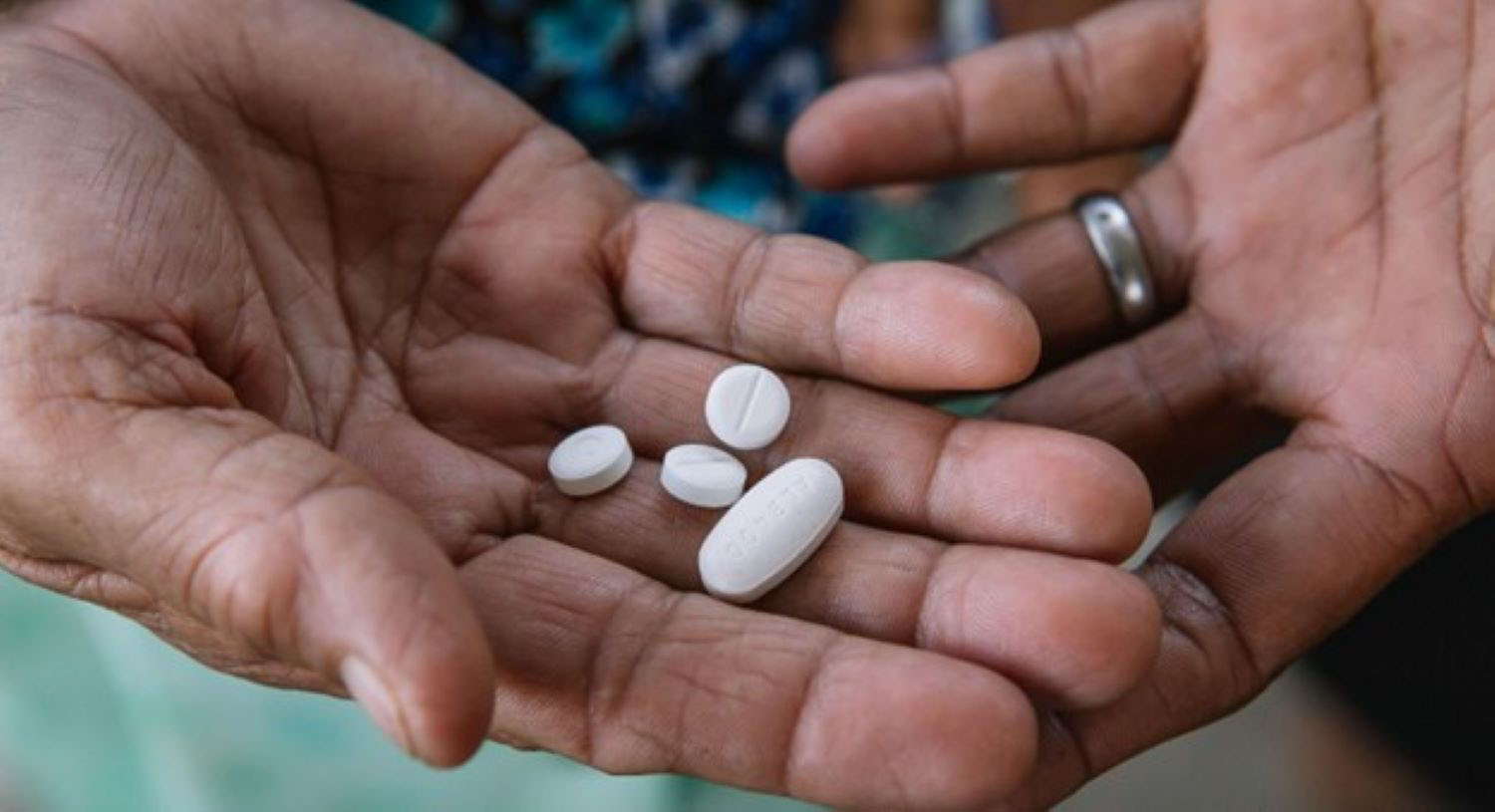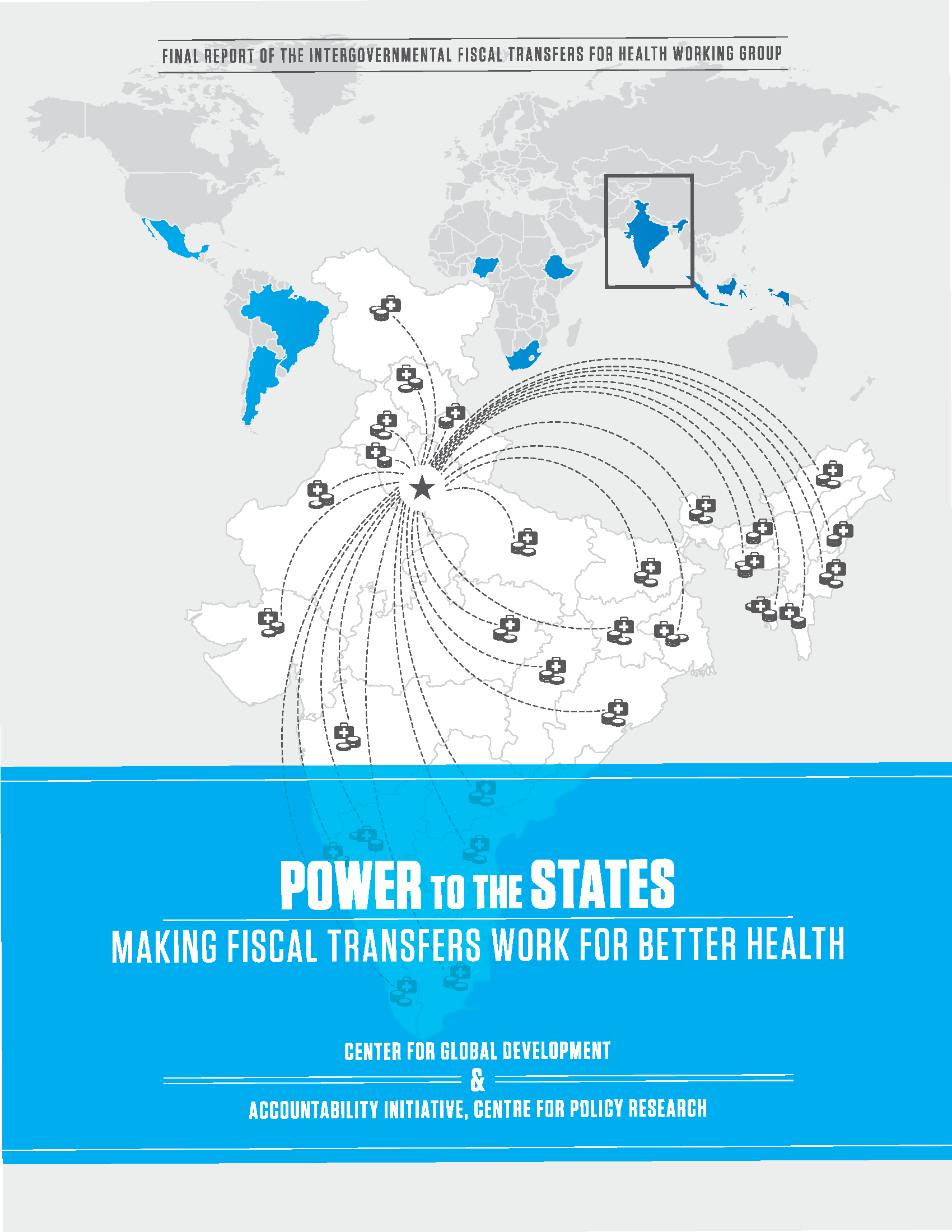Subscribe
Research
Innovative, independent, peer-reviewed. Explore the latest economic research and policy proposals from CGD’s global development experts.
TESTIMONY
Remarks to the European Parliament on EFSD/ EFSD+
September 24, 2025
Subscribe today to receive CGD’s latest newsletters and topic updates.
All Research
Filters:
Experts
Facet Toggle
Topics
Facet Toggle
Publication Type
Facet Toggle
Time Frame
Facet Toggle
Research
REPORT
December 15, 2015
Founded in 2002, the Global Fund to Fight AIDS, Tuberculosis and Malaria (the Global Fund) is one of the world’s largest multilateral health funders, disbursing $3–$4 billion a year across 100-plus countries. Many of these countries rely on Global Fund monies to finance their respective ...
CGD NOTE
December 08, 2015
In the big decentralized countries where global disease burden is concentrated, such as India and Indonesia, most public money for health isn’t spent by the national ministry of health, the traditional counterpart for global health funders and technical agencies. Instead, most money is program...
REPORT
December 07, 2015
Most money and responsibility for health in large federal countries like India rests with subnational governments — states, provinces, districts, and municipalities. The policies and spending at the subnational level affect the pace, scale, and equity of health improvements in countries that acc...
REPORT
November 30, 2015
Hospitals are central to building and maintaining healthy populations around the world. They serve as the first point of care for many, offer access to specialized care, act as loci for medical education and research, and influence standards for national health systems at large. Yet despite their ce...
WHITE HOUSE AND THE WORLD POLICY BRIEF
July 20, 2015
Remarkable progress has been made in the global fight against HIV/AIDS. The number of people receiving treatment in low- and middle-income countries increased from 300,000 in 2003 to 13.7 million in 2015, including 7 million supported by the United States. These gains are primarily attributable to ...











